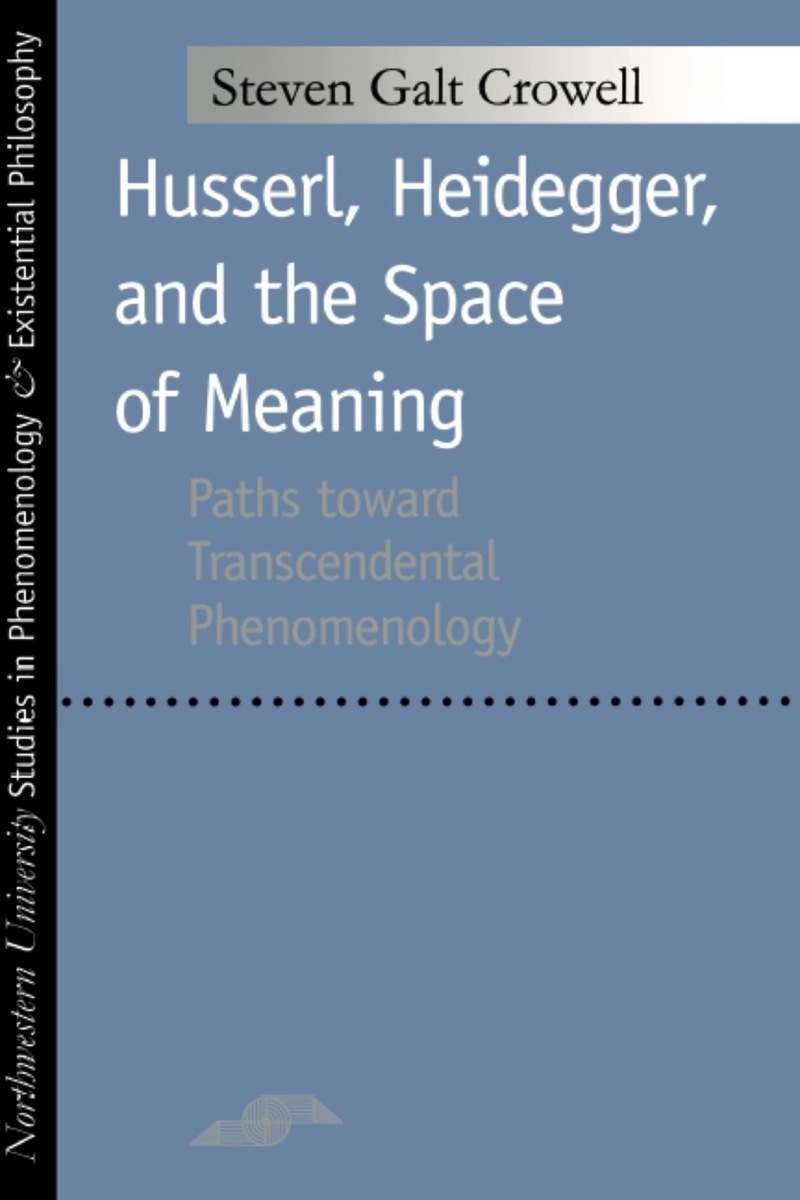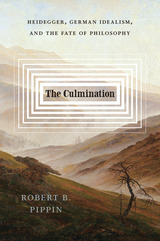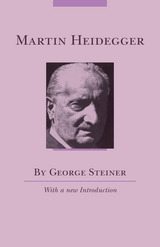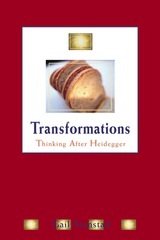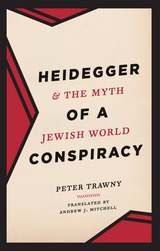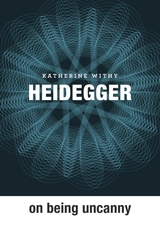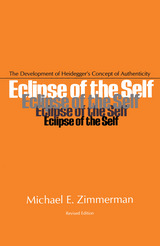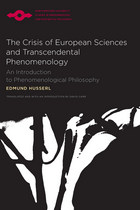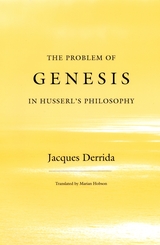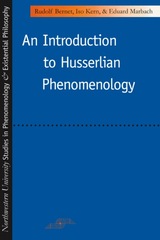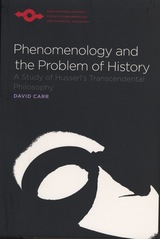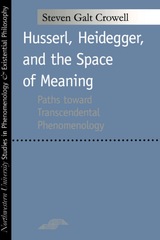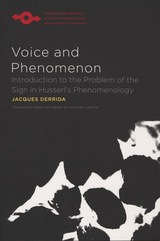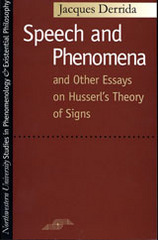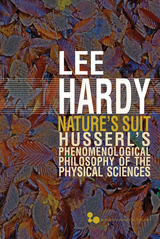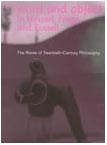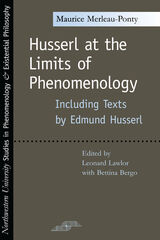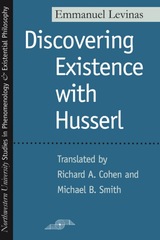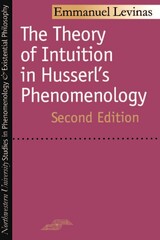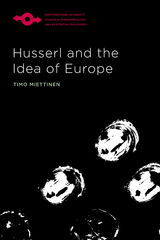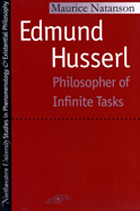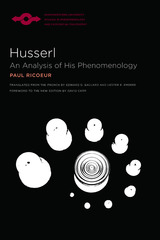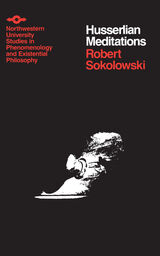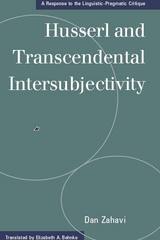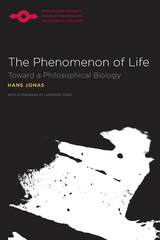Husserl, Heidegger, and the Space of Meaning: Paths Toward Trancendental Phenomenology
Northwestern University Press, 2001
eISBN: 978-0-8101-2059-4 | Cloth: 978-0-8101-1804-1 | Paper: 978-0-8101-1805-8
Library of Congress Classification B3279.H94C76 2001
Dewey Decimal Classification 142.78
eISBN: 978-0-8101-2059-4 | Cloth: 978-0-8101-1804-1 | Paper: 978-0-8101-1805-8
Library of Congress Classification B3279.H94C76 2001
Dewey Decimal Classification 142.78
ABOUT THIS BOOK | AUTHOR BIOGRAPHY | REVIEWS | TOC | REQUEST ACCESSIBLE FILE
ABOUT THIS BOOK
Winner of 2002 Edward Goodwin Ballard Prize
In a penetrating and lucid discussion of the enigmatic relationship between the work of Edmund Husserl and Martin Heidegger, Steven Galt Crowell proposes that the distinguishing feature of twentieth-century philosophy is not so much its emphasis on language as its concern with meaning. Arguing that transcendental phenomenology is indispensable to the philosophical explanation of the space of meaning, Crowell shows how a proper understanding of both Husserl and Heidegger reveals the distinctive contributions of each to that ongoing phenomenological project.
In a penetrating and lucid discussion of the enigmatic relationship between the work of Edmund Husserl and Martin Heidegger, Steven Galt Crowell proposes that the distinguishing feature of twentieth-century philosophy is not so much its emphasis on language as its concern with meaning. Arguing that transcendental phenomenology is indispensable to the philosophical explanation of the space of meaning, Crowell shows how a proper understanding of both Husserl and Heidegger reveals the distinctive contributions of each to that ongoing phenomenological project.
See other books on: 1889-1976 | Existentialism | Heidegger, Martin | Meaning | Space
See other titles from Northwestern University Press
